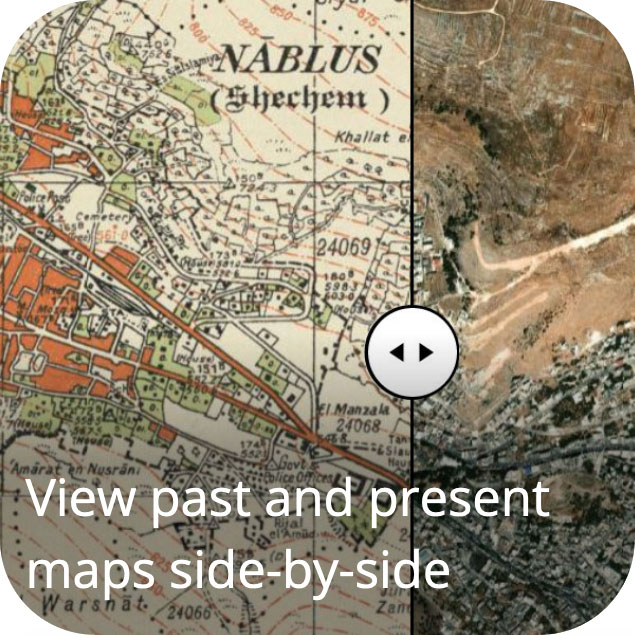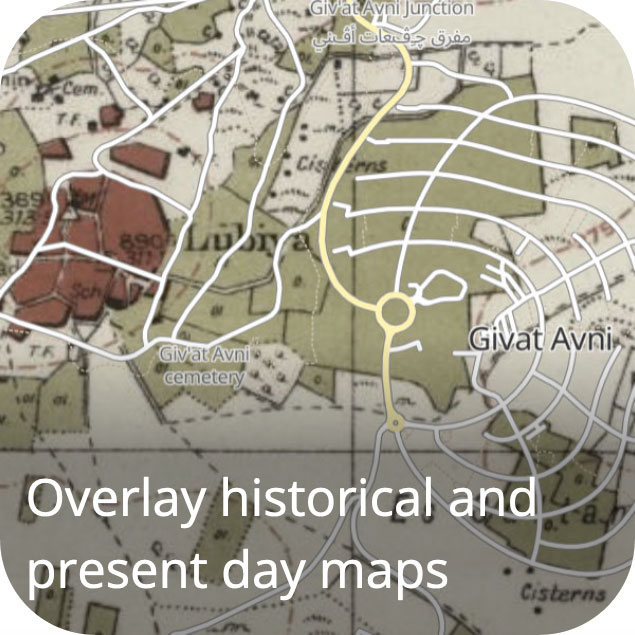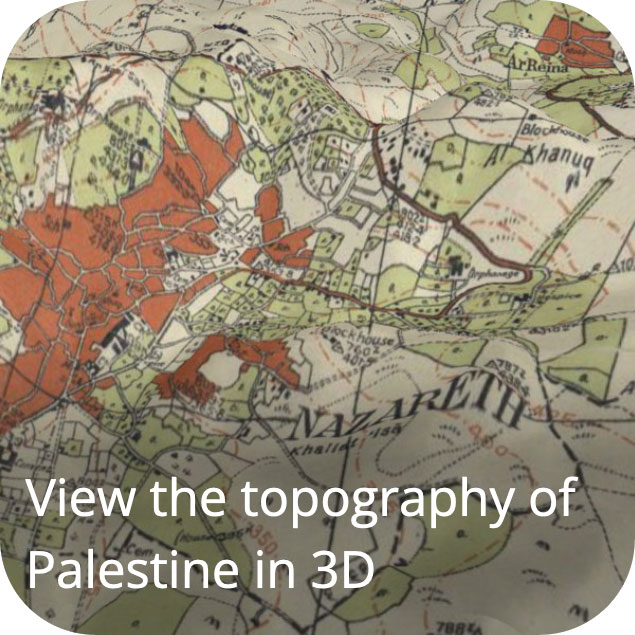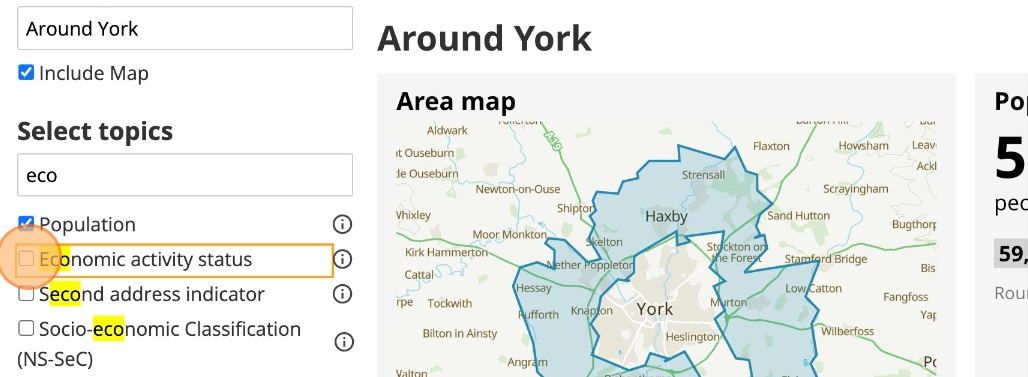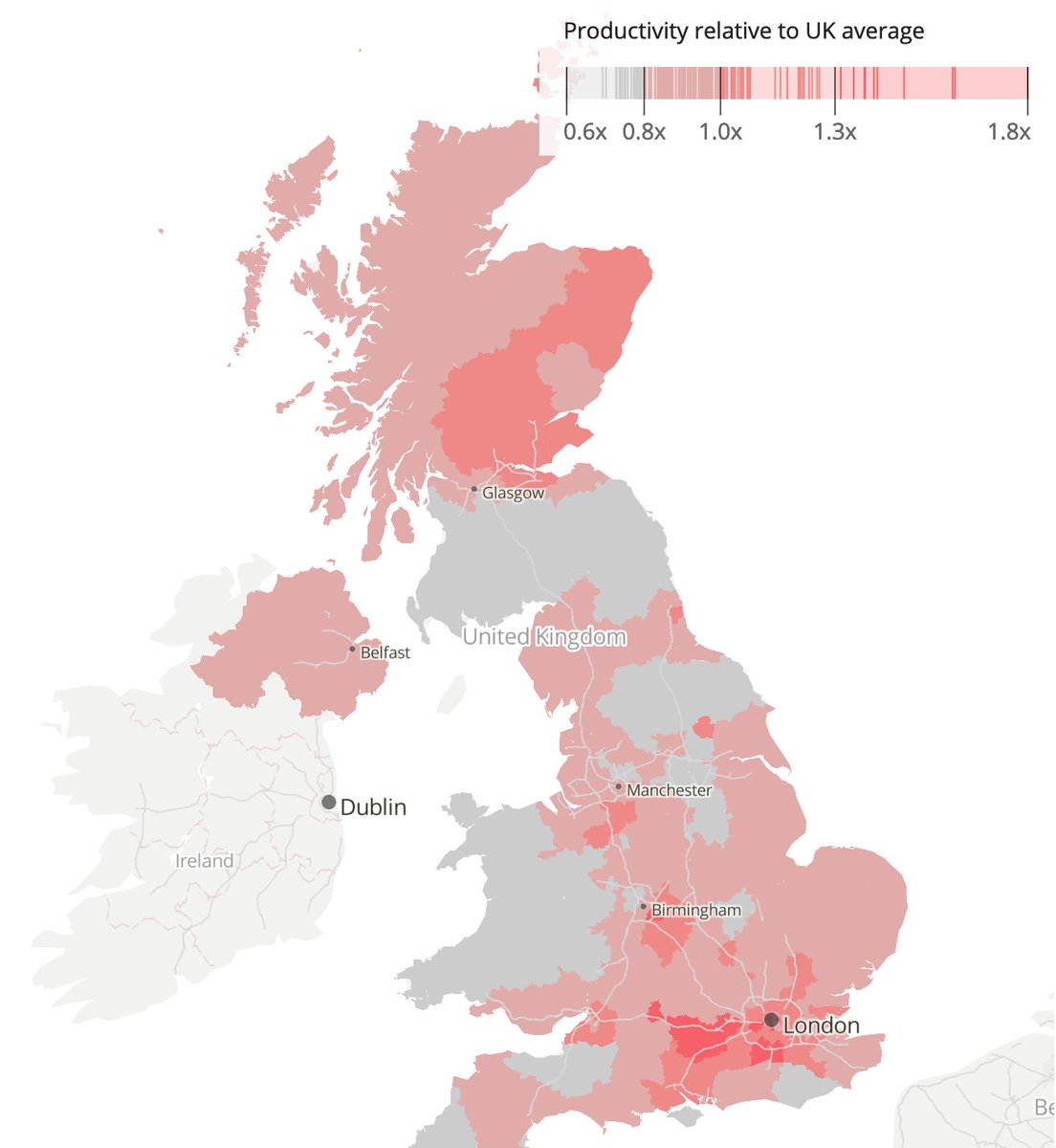1/ Ever wondered how your local area has changed over half a century? Today, @ONS is releasing an interactive article covering some of the most interesting changes between 1961 and 2011 England & Wales censuses right down to a local/district level ons.gov.uk/peoplepopulati…
2/ This piece—developed by my colleagues @Annaekhoo (#DataJournalism) and @SamCtrl (#DataViz) from analysis by Amy Boyson (@ONS historical)—has been an opportunity to test some of the techniques we’re hoping to use to explore 100 years of change up to the most recent @Census2021
3/ In particular we've been exploring ways to use historical @OrdnanceSurvey maps painstakingly digitised by @natlibscotmaps as a background for the historical datasets. We hope this #steampunk-esque retro-innovation helps to bring the past to life...
4/ Some of the most interesting topics covered in the analysis include changes in demographics, home ownership and marrital status, but the one that had us all talking was the surprisingly low prevalence of indoor toilets in rural Wales and East Anglia back in 1961!
5/ The analysis in this article is based on newly digitised data from the 1961 Census, which is all available to explore and download from Nomis nomisweb.co.uk/query/select/g… 

6/ If you want to work with the data — and especially if you want to visualise it — you’ll likely need to download the 1961 district boundaries from the @ONSgeography portal geoportal.statistics.gov.uk/datasets/local… 

7/ And if you want to make comparisons with 2011 data, you can map 2011 Census small area data to 1961 districts with the help of this lookup file (unfortunately 1961 districts don’t neatly map the opposite way onto today’s local authority boundaries ☹️) geoportal.statistics.gov.uk/datasets/outpu…
8/ Oh... And if you're interested in those historical basemaps, you can find a ton of them on the @natlibscotmaps website, and you can also explore/search a few of the most detailed ones in this little map comparison tool
https://twitter.com/bothness/status/1348675388684300289
• • •
Missing some Tweet in this thread? You can try to
force a refresh




